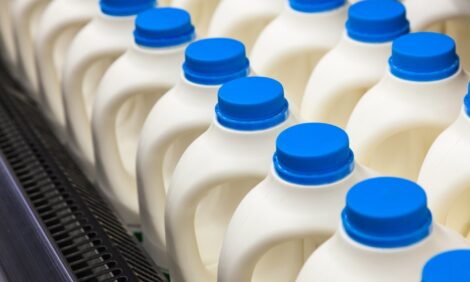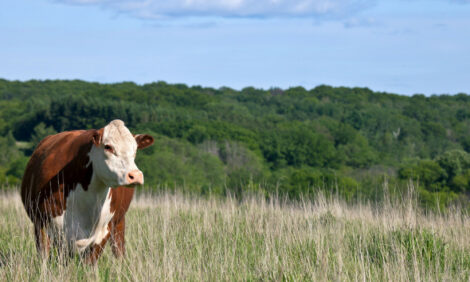



Antibiotic-resistance Spreads to Fertilizer
FINLAND - Vancomycin resistant enterococci (VRE) have been found in sewage sludge, a by-product of waste-water treatment frequently used as a fertilizer.Researchers writing in the open access journal Acta Veterinaria Scandinavica point out the danger of antibiotic resistance genes passing into the human food chain.
Leena Sahlström, from the Finnish Food safety Authority, worked with a team of researchers from the Swedish National Veterinary Institute to study sewage sludge from a waste-water treatment plant in Uppsala, Sweden. She said, "Antimicrobial resistance is a serious threat in veterinary medicine and human healthcare.
Resistance genes can spread from animals, through the food-chain, and back to humans. Sewage sludge may act as one link in this chain".
The researchers collected sludge from the plant every week for four months, for a total of 77 samples. Of these, 79 per cent tested positive for the drug resistant superbugs. Although VRE themselves are not generally considered to be highly pathogenic, the danger is that they may pass on their resistance genes to other bacteria.
Sahlström concludes, "Our results demonstrate a need for more efficient hygienic treatment of sewage sludge, in order to avoid possible spread of antimicrobial resistance through use of sewage sludge on arable land".
Further Reading
| - | You can view our recent report, Animal Antibiotics, Resistance and Human Health, by clicking here. |
TheCattleSite News Desk


